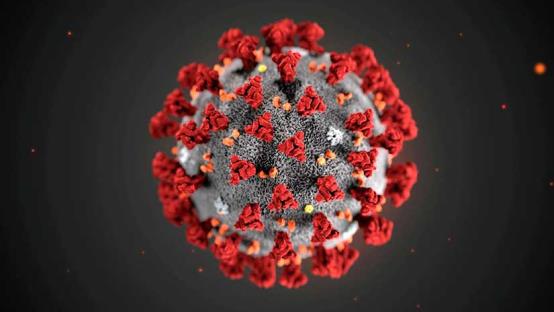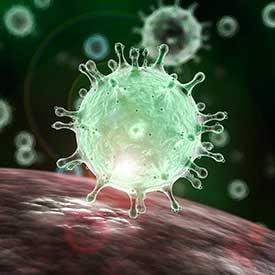WHY CHOOSE A RECOMBINANT ANTIGEN?
WHY CHOOSE A RECOMBINANT ANTIGEN?
2/13/2020

Native antigens are extracted in their natural form from the corresponding source. Recombinant antigens are instead manufactured artificially. A common method of achieving this is to transform the heterologous expression system with a vector expressing the protein of interest, following which the expressed protein can be purified from the culture broth.
Regarding the recombinant antigens, although these may exhibit key structural differences to the native protein, with recent advances in protein engineering, they can now better mimic their native counterparts.
It is out of the scope of this article to talk about using the complete proteome of the infectious agent as antigen in an IVD test, which is becoming currently less common due to the fact that it has very apparent disadvantages. Among others are the non-reproducibility or lot-to-lot inconsistency, serious biological risks for the operator and the consumer, and they also exhibit a significant lack of specificity due to cross-reactions with related microorganisms.
Advantages recombinant antigens vs native antigens
Purity: heterologous expression systems allow tight control over the production environment. Although recombinant and native antigens are manufactured to meet the same rigorous quality control standards, the recombinant antigens are the ones that produce a purer product with less processing time. Also, as they are purer, they offer the potential for better standardisation.
Consistency: typically, the yields obtained for recombinant antigens are significantly larger than those produced by native strains. Production of larger lots means greater product consistency and less lot-to-lot variation. Furthermore, this large lot capability is ideal for customers that have a need for bulk quantities of antigens for IVD test preparation.
Scale economy: recombinant antigens are often considerably cheaper. Their production results in a lower cost per unit. This fact allows our customers to experience substantial savings while benefiting at the same time from improved purity and consistency of product.
Accessibility: finally, there are many examples where native strains do not produce enough levels of desirable antigens, or the antigen allows to some nonculturable bacteria or virus. Therefore, in native antigens the supply has the potential to become a limiting factor, especially once the product reaches commercialisation.

Let´s talk about the Covid-19 (Wuhan CoV) for instance. To develop an IVD test based in a native antigen is not advisable for some reasons:
1. Very restricted accessibility
2. Specific biosafety procedures and infrastructure are required
3. Difficult to get lot-to-lot consistency and large lot capability
4. Very expensive production
5. And finally, the most important point, the high similarity with SARS-CoV and MERS-CoV favours the no specificity of the obtained IVD test.
Written by Ana Camacho.
CATEGORY: SCIENTIFIC NOTES - COVID-19 (SARSCOV-2)



